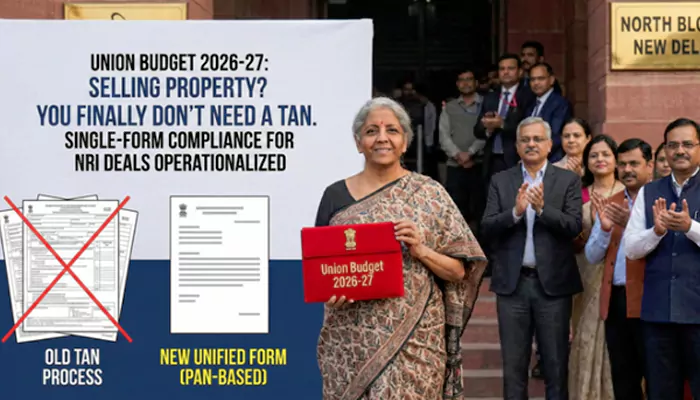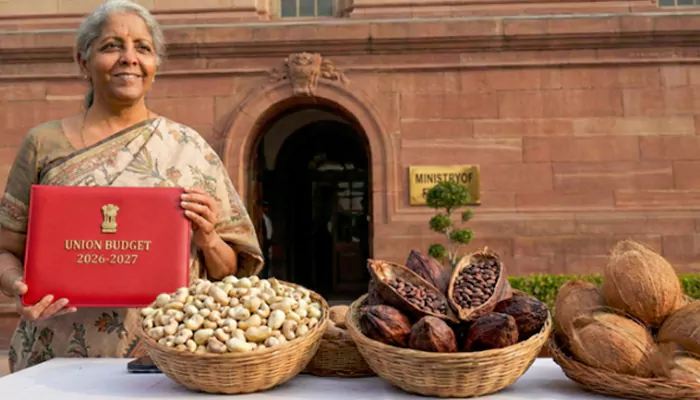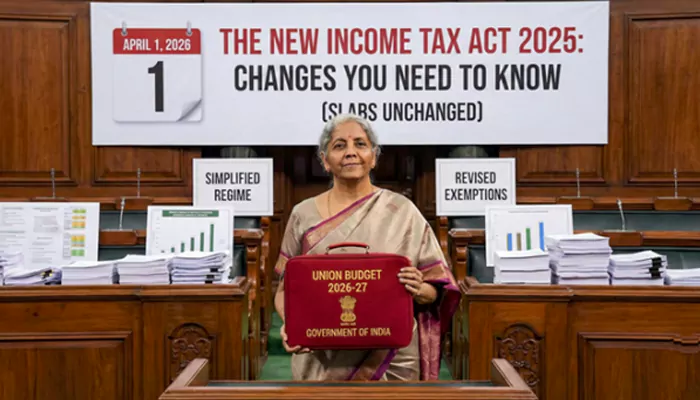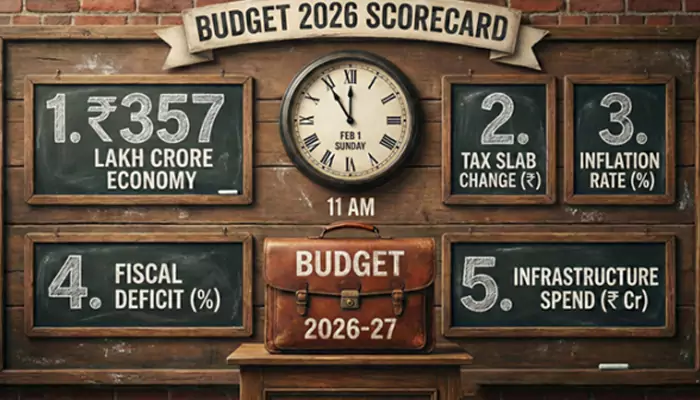GST Council Slashes Rate On Cancer Drugs: How It Can Make Cancer Care In India More Affordable
- Admin
- 1 year ago
- 3 minutes read

FM Nirmala Sitharaman announced recently that the GST rates on some cancer drugs have been cut down to 5 percent from 12 percent.
Finance Minister Nirmala Sitharaman, on September 9, confirmed that the GST Council has approved cutting down on GST rates for certain cancer drugs, and now the GST on these essential drugs would be 5 percent, instead of 12 percent. During the press meet after the 54th GST Council meeting, held in New Delhi, Sitharaman announced that with the GST slash on medications, including Trastuzumab Deruxtecan, Osimertinib, and Durvalumab, patients battling cancer will have an affordable access to these life-saving treatments.
Not to miss, it was in July 2023 that the GST Council exempted Dinutuximab, a drug used for treating neuroblastoma, from GST. For those caught unaware, Neuroblastoma is a rare cancer that affects nerve cells. Since Dinutuximab costs around Rs 36 lakh, it comes with a massive financial strain on families. Now with the recent cuts on GST on cancer drugs, the government has taken a step forward ro reduce the financial burden of cancer treatment.

Earlier too in 2022, the Parliamentary panel has suggested waiving of GST on cancer medications. In March 2023, the government had exempted Keytruda, which is used for treating cervical cancer, from basic customs duty.In her Union Budget 2024, Finance Minister Nirmala Sitharaman exempted three crucial cancer treatment medicines from basic customs duty. With the current moves, the government remains committed to making cancer medications more accessible.
How Will It Impact Overall Cancer Care In India?
Lower Medication Costs: Since the GST on cancer drugs is reduced, the price of these drugs automatically goes down, making it a significant move in cancer care.
Reduced Financial Burden: It cannot be ruled out that cancer treatment often involves expensive medications and other aspects of care, and with the GST reduced, the overall pocket cost for cancer treatment would be cut down.
Increased Accessibility: With decreased drug prices, it will make more patients able to afford their medications. The move will be highly beneficial in regions or demographics where people face financial constraints to access these necessary treatments.

Encouragement of Compliance: The high medications cost in cancer care often leads patients to skip doses or discontinue treatment, which comprises the overall health. Now with reduced costs, more patients would stay put to follow their prescribed treatment regimens.
Financial Benefit for Healthcare Providers: Not just patients, but healthcare providers, like hospitals, too will benefit from reduced GST on cancer drugs, since the overall treatment costs for cancer patients will go down.
Potential for Healthcare Coverage: With reduced GST on cancer drugs, there is a possibility that healthcare systems or insurance plans might include more coverage options for cancer treatments, thereby making necessary care more accessible.










